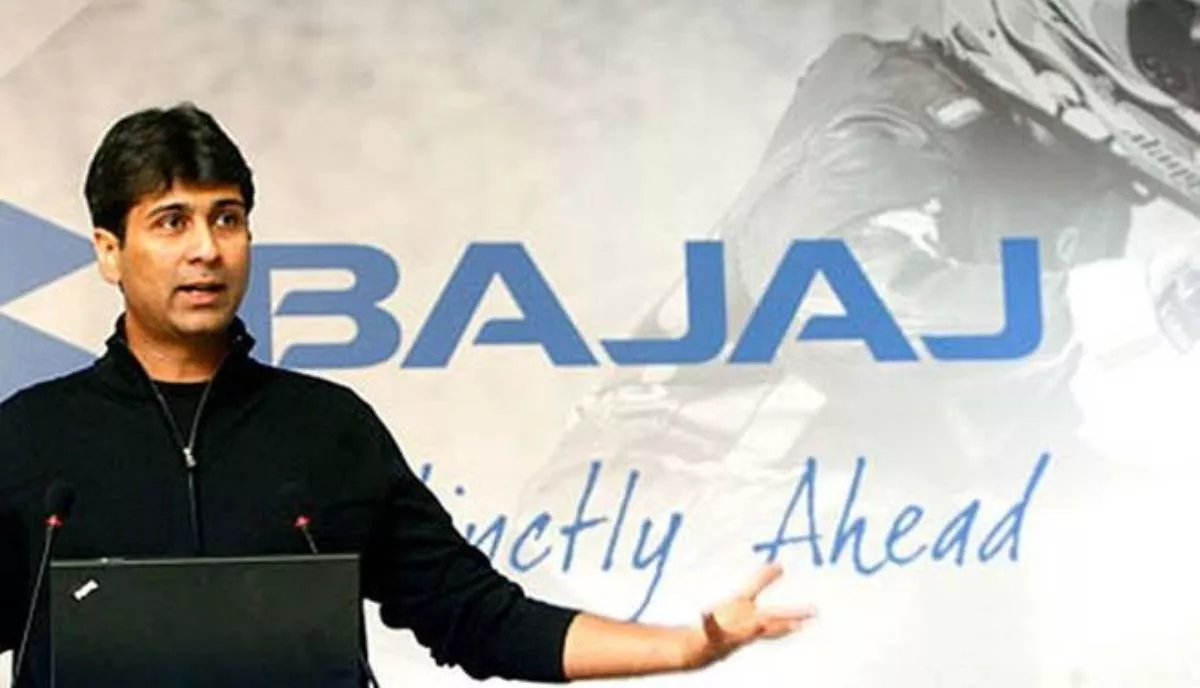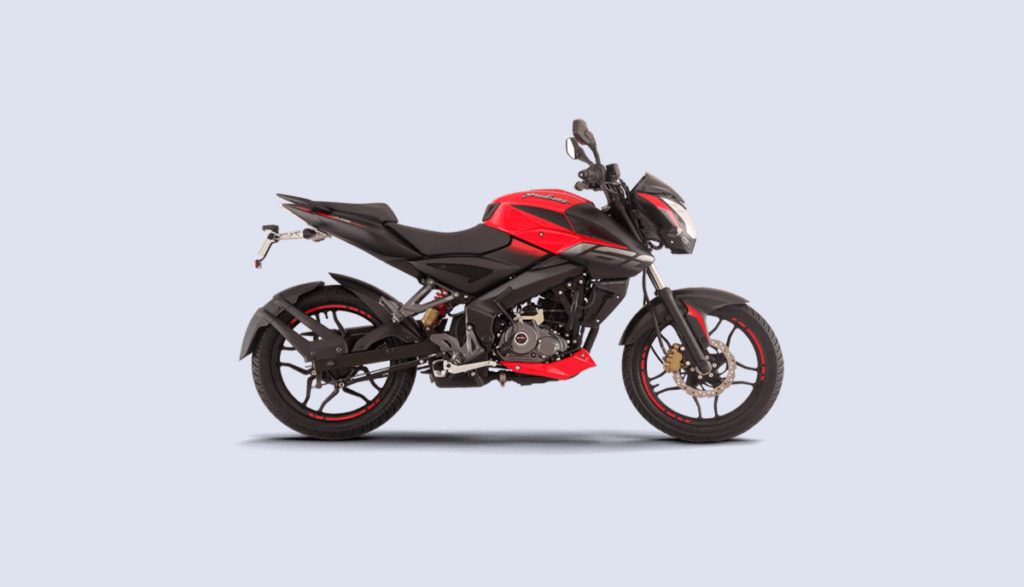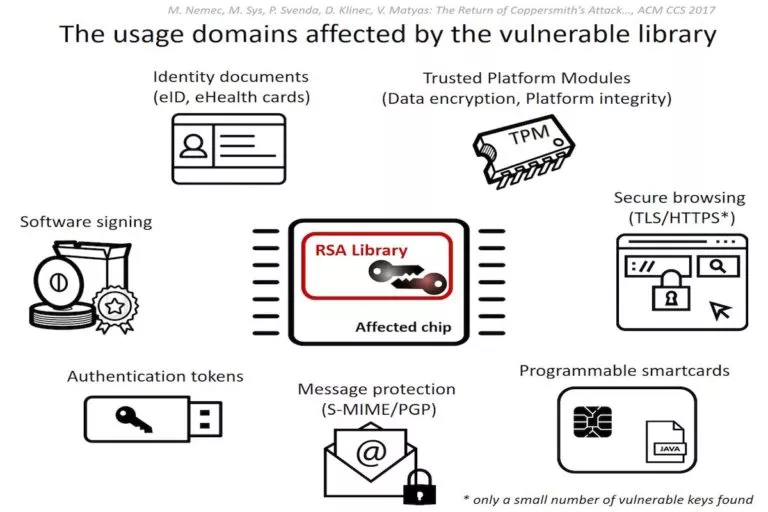Bajaj MD Thinks Indian Government Policy On EVs Is Confusing

The maker of the popular motorcycle sub-brand ‘Pulsar,’ and Bajaj’s MD, has slammed the Indian government over its flip-flop decision regarding its stance on electric vehicles. The managing director of Bajaj has had it with the shifting position of the Indian government regarding the future of the transport industry in India.
Rajiv Bajaj accused the Indian government of not having a well-structured plan to tackle the problems of the transportation needs of India. According to him, the Government keeps sending mixed signals over electric vehicles — which makes it difficult for the transport industry to adapt to a certain, previously laid out policy.
Bajaj MD Echoed The Voice Of Entire Auto Industry
It is clear that the Bajaj MD is dissatisfied with the way the Indian Government is handling things.

The problem, which the Bajaj MD is referring to, started in April 2017 when the BS4 norms were implemented by a court order. Simultaneously, the court also announced that India will skip the consequent BS5 norms and will adapt BS6 norms instead.
This has led automakers to believe that they need to work on emission norms before the deadline of April 2020 approaches. Unfortunately, along the way, India’s air pollution has worsened beyond severe, prompting for immediate serious action.
Thus new schemes like FAME (Faster Adoption and Manufacturing of Electric Vehicles) have been introduced. The scheme permitted the Government to spend a total of Rs 10,000 crore in accelerating the manufacturing of electric vehicles. However, it posed a particular problem for two-wheelers.
According to the scheme, in order to be eligible for the government incentive under FAME, electric two-wheelers need to have a battery range of 80km. Most of the electric two-wheelers only have a range of 60km, which makes several two-wheeler EV manufacturers ineligible for government incentives.
Then came the Indian government’s order to ban all two-wheelers under 150cc in India after 2025. This again came as a shock because companies like Hero and Bajaj rely heavily on the sales of these vehicles to make profits.
Now, after the latest Union Budget, the government has doubled down on taxing petrol and diesel-powered vehicles. Simultaneously, the government is also inviting proposals to increase EV charging infrastructure as fast as possible in India.
The GST council recently announced reduced tax rates on electric vehicles, starting on August 1. The tax on electric vehicles will be reduced to 5% from the earlier 12%. The electric vehicle chargers also saw a tax cut from 18% to 5%. Moreover, the acquisition of public transport vehicles like buses have also been made tax-free.
How Is The Auto Industry Adapting?
Bajaj MD also said that India is just one of their markets and that they cater to 90 more countries. Hence, dealing with different policies of the government is something that they’re accustomed to.
Bajaj has an upcoming electric scooter called Urbanite which will be launched in India very soon. Beyond that, the company is currently rushing to make its best selling bikes, including the Pulsar compliant with BS6 norms.

Other two-wheeler makers like TVS are actively working on electric concepts like Creon and Hyrbid concepts like Zeppelin, to meet with the FAME requirements.
Four-wheeler manufacturers are also doing their part. Hyundai recently launched the KONA electric SUV at a price of Rs 25.30 lakh (ex-showroom). The company also plans to invest around Rs 2,000 crore in developing affordable electric cars for India.
Automakers like Tata Motors, Mahindra & Mahindra and Maruti Suzuki are also working extensively on electric vehicles.
Fossbytes’ Take
At present, the auto industry stands to lose 1 million contractual jobs because of a lack of sales in the sector. However, the current situation in the industry is partly its own undoing.
Over the years, emission norms including BS3 and BS4 were always implemented severely later than their recommended date. The pressure to delay the implementation of norms always came from the lobbyists representing the auto industry.
Even while implementing the upcoming BS6 norms, several representatives from the auto industry prompted the court to shift the implementation date a little later in the future.
The late implementation of BS3 and BS4 emission norms worsened air pollution in India to such a point that currently the top 10 of the most polluted cities on Earth are in India. Had the emission norms been implemented on time, the auto industry would have enough time on its hands to shift to electric vehicles.
However, currently, the environment situation is the one which cannot be ignored. According to an estimate, air pollution in Delhi and Mumbai costs around $10.66 billion dollars which is a whopping Rs 70,000 crore.
Hence, the current flip flop policies of the government merely showcase that they are severely late. They can’t wait two years for one policy to materialize; instead, the government is in dire need of contingency plans, the more the better.
The strong words of Rajiv Bajaj do speak the facts, but not as clearly or as loudly as the several billions of dollars that India stands to lose.
Also Read: Hyundai Wants To Launch Cheaper Electric Car Priced Rs 10 Lakh In India






